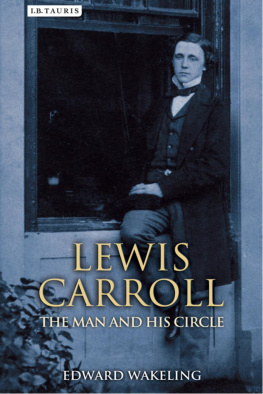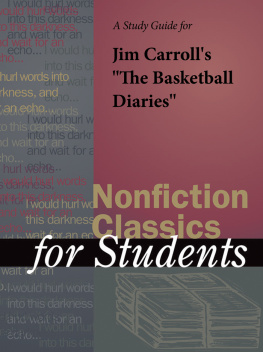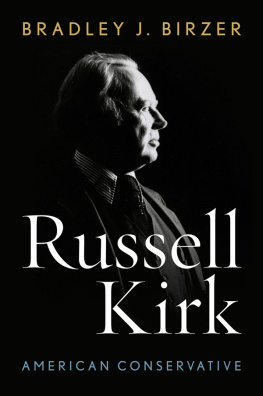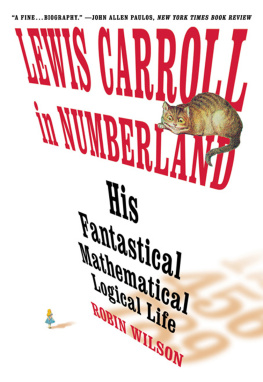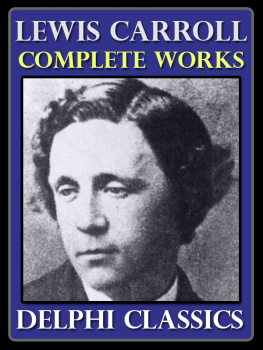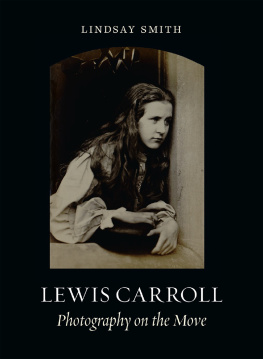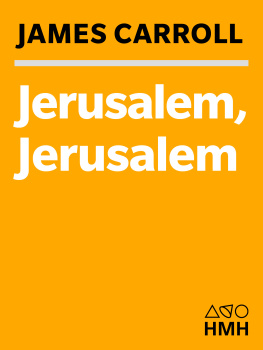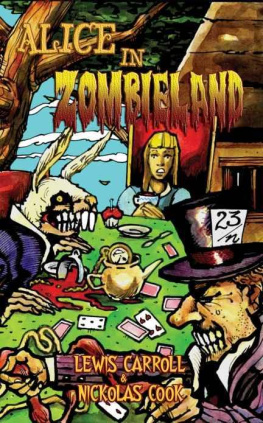Bradley J. Birzer - American Cicero: The Life of Charles Carroll
Here you can read online Bradley J. Birzer - American Cicero: The Life of Charles Carroll full text of the book (entire story) in english for free. Download pdf and epub, get meaning, cover and reviews about this ebook. year: 2014, publisher: Open Road Media, genre: Romance novel. Description of the work, (preface) as well as reviews are available. Best literature library LitArk.com created for fans of good reading and offers a wide selection of genres:
Romance novel
Science fiction
Adventure
Detective
Science
History
Home and family
Prose
Art
Politics
Computer
Non-fiction
Religion
Business
Children
Humor
Choose a favorite category and find really read worthwhile books. Enjoy immersion in the world of imagination, feel the emotions of the characters or learn something new for yourself, make an fascinating discovery.

- Book:American Cicero: The Life of Charles Carroll
- Author:
- Publisher:Open Road Media
- Genre:
- Year:2014
- Rating:3 / 5
- Favourites:Add to favourites
- Your mark:
American Cicero: The Life of Charles Carroll: summary, description and annotation
We offer to read an annotation, description, summary or preface (depends on what the author of the book "American Cicero: The Life of Charles Carroll" wrote himself). If you haven't found the necessary information about the book — write in the comments, we will try to find it.
Before his death in 1832, Charles Carroll of Carrolltonthe last living signer of the Declaration of Independencewas widely regarded as one of the most important Founders. Today, Carrolls signal contributions to the American Founding are overlooked, but the fascinating new biography American Cicero rescues Carroll from unjust neglect.
Drawing on his considerable study of Carrolls published and unpublished writings, historian Bradley J. Birzer masterfully captures a man of supreme intellect, imagination, integrity, and accomplishment. Born a bastard, Carroll nonetheless became the best educated (and wealthiest) Founder. The Marylanders insight, Birzer shows, allowed him to recognize the necessity of independence from Great Britain well before most other Founders. Indeed, Carrolls analysis of the situation in the colonies in the run-up to the Revolution was original and brilliantyet almost all historians have ignored it. Reflecting his classical and liberal education, the man who would be called The Last of the Romans advocated a proper understanding of the American Revolution as deeply rooted in the Western tradition. Carroll even left his mark on the U.S. Constitution despite not assuming his elected position to the Constitutional Convention: by inspiring the creation of the U.S. Senate.
American Cicero ably demonstrates how Carrolls Catholicism was integral to his thought. Oppressed because of his faithMaryland was the most anti-Catholic of the original thirteen coloniesCarroll became the only Roman Catholic to sign the Declaration of Independence and helped legitimize Catholicism in the young American republic.
Whats more, Birzer brilliantly reassesses the most controversial aspects of Charles Carroll: his aristocratic position and his critiques of democracy. As Birzer shows, Carrolls fears of extreme democracy had ancient and noble roots, and his arguments about the dangers of democracy influenced Alexis de Tocquevilles magisterial work Democracy in America.
American Cicero reveals why Founders such as John Adams assumed that Charles Carroll would one day be considered among the greatsand also why history has largely forgotten him.
Bradley J. Birzer: author's other books
Who wrote American Cicero: The Life of Charles Carroll? Find out the surname, the name of the author of the book and a list of all author's works by series.

